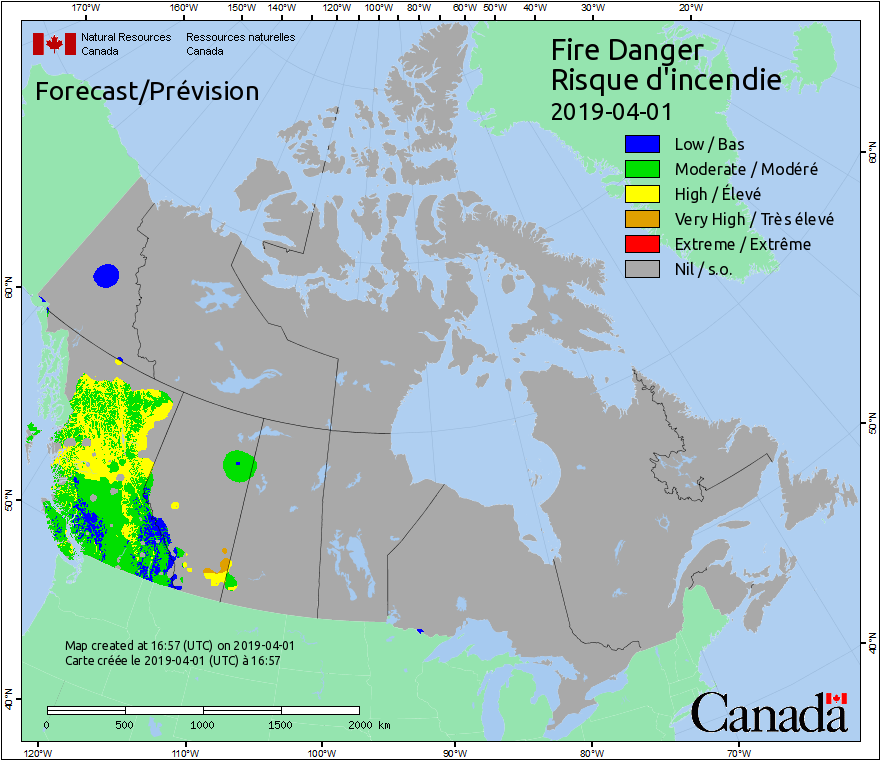Vancouver International Airport recorded a mere 31.2 millimetres of rainfall last month, making it the second driest March on record.

The driest March dates back to 1992 when 25.9 millimetres were counted at YVR.
The 30-year average for March rainfall in Vancouver is 114 millimetres, according to Environment Canada.
Days gone dry
Elsewhere in the province, Victoria and Fort St. John reported the driest March on record with 11 and 0.2 millimetres of rain, respectively. In Kelowna, just 10 millimetres fell, which makes it the fourth driest winter season recorded. Prince George received 8.3 millimetres of rainfall.
However, no one tops Dease Lake for drought. For the whole of March, no precipitation fell across the Northern Interior community.
Early start to wildfire season
In B.C., we’ve come to expect that low rainfall leads to fires. That was, unfortunately, the case as two grass fires were reported burning in the Shuswap region just southwest of Chase.
- Effluent spill at Quesnel, B.C. factory poses no ‘acute risk’: Environment ministry
- Three B.C. men fined, banned from hunting after killing pregnant deer
- Inquest hears B.C. hostage was lying on her captor before fatal shooting
- Life in the forest: How Stanley Park’s longest resident survived a changing landscape
The fires were reported on Saturday and were initially described as out of control. The Kamloops-Shuswap road fire was 250 hectares in size, while the River Flats fire was measured at 100 hectares in size.
A fire crew of six is at the mop-up and patrol stage. So far, there has been no word on what started the fires. According to Natural Resources Canada, a large portion of B.C.’s Interior is deemed at “high risk” for wildfires.
These grass fires jumped the wildfire season by a few days, and as of April 1, we are officially at the start of the 2019 wildfire season.




Comments